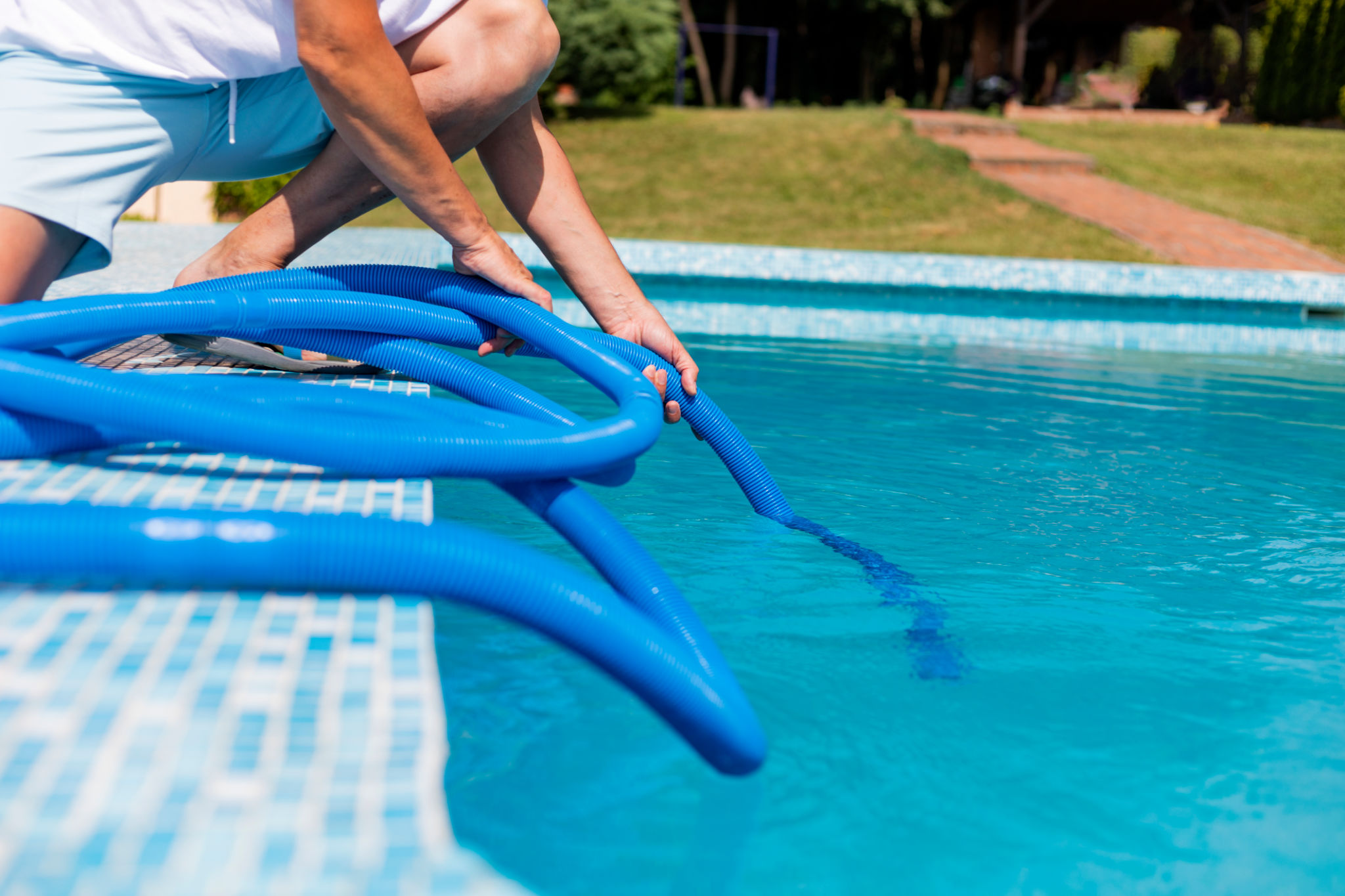Common Pool Cleaning Mistakes and How to Avoid Them
TS
Introduction to Common Pool Cleaning Mistakes
Maintaining a clean and healthy pool is crucial for the safety and enjoyment of swimmers. However, many pool owners unknowingly make common mistakes that can compromise the quality of their pool water. Avoiding these mistakes not only ensures a sparkling pool but also extends the life of your pool equipment.
Understanding these common pitfalls and learning how to avoid them can save time, effort, and money in the long run. Let's dive into some of the most frequent pool cleaning mistakes and how you can steer clear of them.

Neglecting Regular Pool Maintenance
One of the most common mistakes is neglecting regular pool maintenance. Pool owners often underestimate the importance of consistent cleaning schedules, which can lead to algae growth, cloudy water, and equipment damage. It’s crucial to stick to a routine that includes skimming, brushing, and vacuuming your pool weekly.
Tip: Set reminders or create a maintenance checklist to ensure you’re keeping up with essential tasks. Regular upkeep not only maintains water clarity but also reduces the workload over time.
Skimping on Filter Cleaning
Your pool's filter is its primary defense against debris and dirt. A dirty or clogged filter can’t perform efficiently, leading to murky water. It’s vital to clean the filter regularly based on its type—whether it’s a sand, cartridge, or diatomaceous earth (DE) filter.
- Sand filters need backwashing every few weeks.
- Cartridge filters should be rinsed every month.
- DE filters require backwashing once a month and a complete teardown annually.

Improper Chemical Balancing
Another frequent error is improper chemical balancing. Pool chemistry is complex but crucial for preventing bacterial growth and ensuring swimmer comfort. Imbalanced chemicals can cause skin irritation, algae blooms, and equipment corrosion.
Regularly test your pool's water with a reliable test kit to monitor pH levels, chlorine, alkalinity, and calcium hardness. Adjust these levels as necessary to maintain balance and prevent costly problems in the future.
Overlooking Calcium Buildup
Calcium buildup or scaling is often overlooked but can wreak havoc on your pool's surfaces and equipment. High calcium levels lead to deposits that can obstruct pipes and damage surfaces.
Prevention: Monitor calcium hardness levels regularly and use a sequestering agent if necessary. Additionally, keep an eye on your pool's overall chemical balance to prevent scaling issues before they start.

Conclusion
Avoiding these common pool cleaning mistakes requires vigilance and a proactive approach to maintenance. By staying informed and committed to regular care, you can ensure your pool remains a safe, inviting oasis all season long.
Remember to establish a consistent routine, keep an eye on chemical levels, and address issues promptly as they arise. With these strategies in place, you’ll enjoy a pristine pool that’s ready for any splashy occasion.